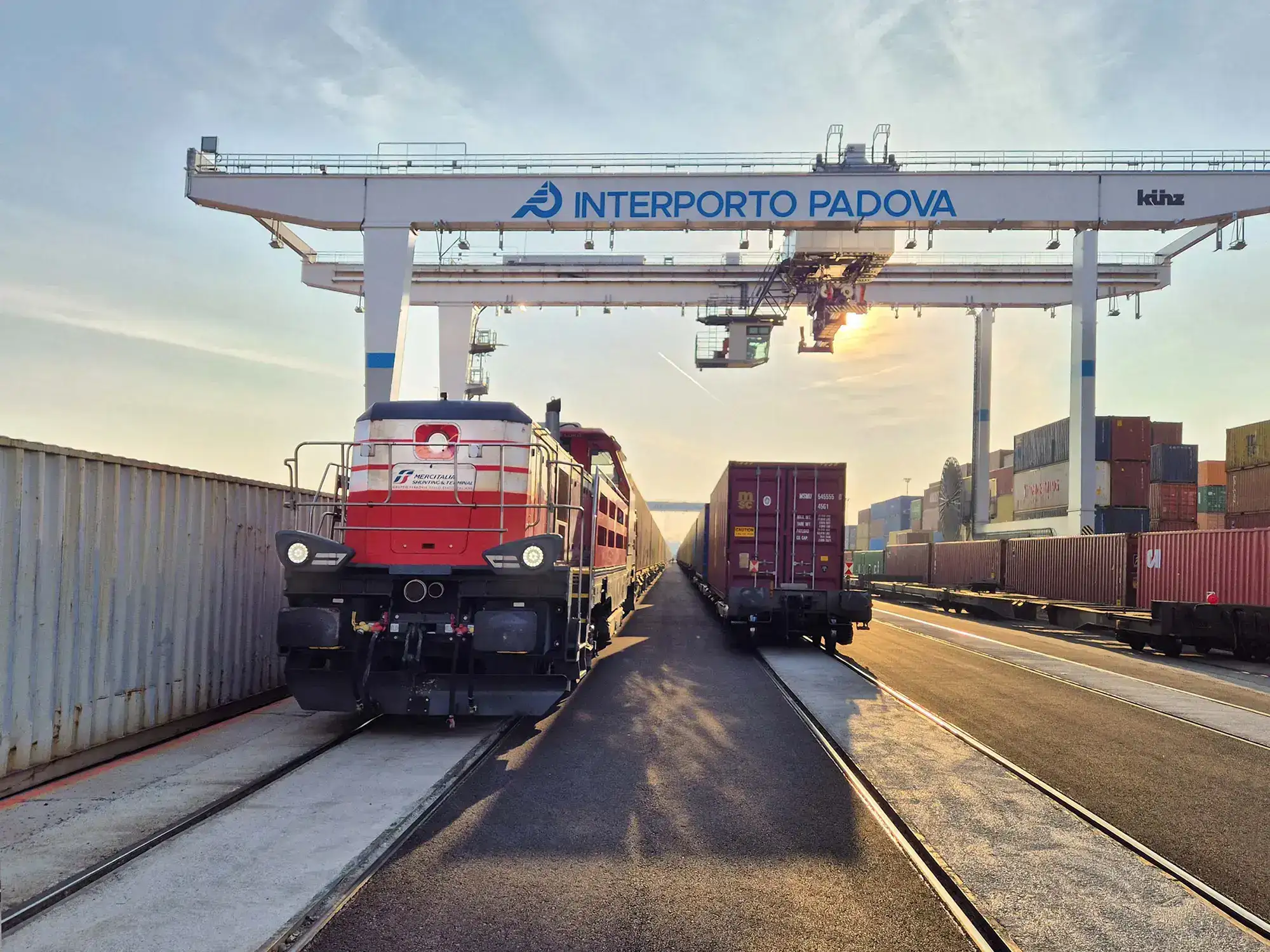FS Logistix wins tender for shunting services at Padua Freight Village

Mercitalia Shunting & Terminal, a company of the FS Group’s FS Logistix, has been awarded the contract for rail shunting services within the Padua Freight Village (Interporto).
Specifically, the services include managing freight train terminal operations within the Freight Village, internal wagon movements, shunting-related support activities, brake testing, and rolling stock maintenance.
The contract is worth approximately €24 million and will run for three years, with the option to extend for an additional two.
Thanks to this renewed partnership—active since 2014—the FS Italiane Group company will continue to provide its expertise to the Freight Village, offering specialized knowledge in railway shunting operations. This will be supported by innovative and customized solutions, the use of modern and efficient hybrid locomotives, and the upcoming adoption of HVO biofuel to further reduce emissions.
“This contract award represents an important milestone for Mercitalia Shunting & Terminal and the entire FS Logistix, confirming our leadership in the railway shunting sector in Italy,” said Sabrina De Filippis, CEO of Mercitalia Logistics. “We ensure widespread coverage in strategic facilities across the national logistics network, including terminals and freight villages, as well as ports such as Ravenna, La Spezia, and Livorno.”
“We are very pleased to continue this operational partnership with Mercitalia Shunting & Terminal,” commented Luciano Greco, President of Interporto Padova. “I particularly appreciate the focus on innovation, such as the use of the brand-new hybrid 744.1 locomotives and the future adoption of biofuel—choices that perfectly align with Interporto Padova’s vision, which includes significant technological investments in terminal management. We will work together to increase the share of intermodal transport and strengthen the Padua hub.”
The Padua Freight Village is one of Northern Italy’s main logistics hubs, strategically positioned for both rail and road freight transport to support modal shift. It features a large terminal area, an intermodal rail connection, and services for transport and logistics companies. The Freight Village handles around 400,000 TEUs (20-foot containers) annually and expects average annual traffic growth of 3% over the next ten years.
 IT
IT


